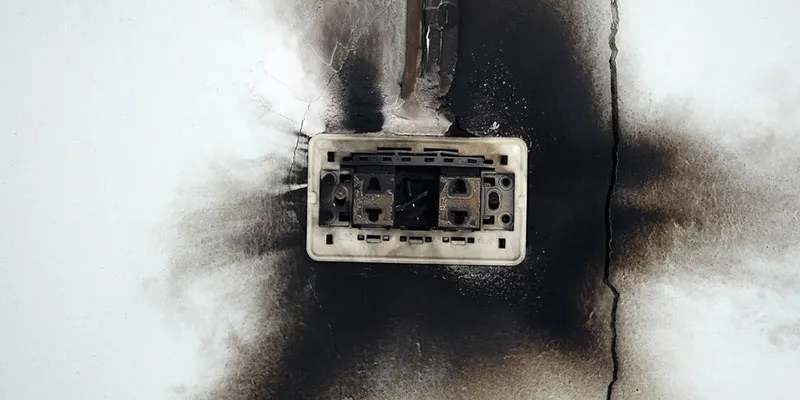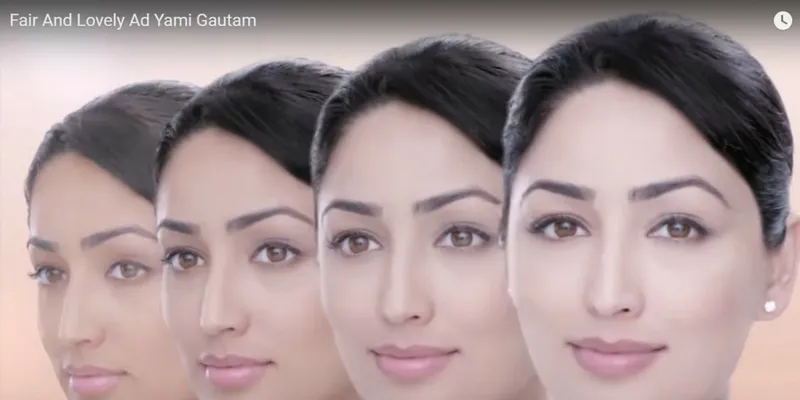Marketers say, ‘so jao grahak so jao’. Consumers, do you know these important rights?
Today, on World Consumer Rights Day, we explore stories of students, homeowners, and individuals who demanded their consumer rights, proving that at the end of the day, consumers are their own heroes.

Nestle’s Maggi noodle scare in India that spread like an epidemic in 2015 has been the biggest consumer concern and action since that of pesticides in Coca-Cola and Pepsi products in 2006. Both these public outrages have been in response to the violation of the ‘Right to safety’ clause under the Consumer Protection Act, 1986.
It is interesting to note, however, that this violation of consumer rights was brought to notice by a food inspector in Uttar Pradesh and not by any regular consumer. Why is this significant, you ask? It goes to show our dependency on regulators when it comes to the protection of our own rights. How well do we know our rights and question their violations as consumers?
Jahangir Gai, a consumer activist, explained the reality to Money Life Foundation,
Buyers are often unaware of their rights as a consumer and bad products or services are thought of as unavoidable. Even if they decide to approach the consumer court, many of them lose their zest to fight as the case may take one to three years and sometimes they simply give up midway. In addition, several times, consumers are found to have no proper evidence or documents to support their cases.
The Maggi debacle was followed by a new Consumer Protection Bill that promised to clear obstacles hindering a consumer’s attainment of justice. It proposed a Central Consumer Protection Authority (CCPA) to intervene in cases of unfair trade practices and initiate action. It also provided a mediation process to simplify cases so that judgement is not prolonged or expensive.
But what will all this avail to if we, as consumers, are not aware of our rights? There are six basic rights that have been clearly demarcated: right to safety, right to be informed, right to choose, right to be heard, right to seek redressal, and right to consumer education. But it has been found that only 20 percent of the Indian population is really aware of them.
Today, on ‘World Consumer Rights Day’, we present to you cases where individuals and groups have stood up for and addressed these very rights. They bring to light the wide range of exploitation consumers face, but more importantly, they demonstrate the power of awakened consumers.
Basic rights in a nutshell
The process of claiming these rights often follows this trend: when consumers realise that a product or service does not divulge required information, or provides false information, their right to be informed, and sometimes even their right to safety, is violated. Next, when they seek this information but receive no response or assurance that their queries will be considered, their right to be heard is violated. Then, when consumers approach consumer courts for redressal but don’t get satisfactory compensation, then their right to redressal is violated.
Lastly, during this entire process, or before there is even any need for it, if the consumer has no access to a good understanding of these rights, then their right to consumer education is violated.
Basic rights demonstrated
Case#1

When Jayashree Pillai, a political science professor at the University of Delhi, bought a geyser, she did so trusting The Bureau of Indian Standard’s ISI stamp on the product, and the manufacturer. The geyser, however, exploded immediately after installation putting her family and the electrician at risk. Where most would have settled for a refund, Jayashree took the matter to a consumer court, brought those responsible to surface, and demanded for a penalty and compensation. When her right to safety and right to be informed were violated, she mobilised her right to be heard and right to redressal.
Case #2

Few students from the National Law School, Bengaluru, demonstrated through an ‘experiential study’ how anybody can demand their consumer rights.
As Livemint reported, Vigesh Singh used an entire tube (over a period of time) of Garnier Powerlight, a men’s fairness cream, to check for lighter and oil- and sweat-free skin. The product also claims to have an ingredient called ‘perilite’ to achieve the same; Namrata Ramachandran tested Nivea’s Energy Fresh deodorant which claims to keep body odour at bay for 48 hours; Shashank Patil tested VLCC’s Waist and Tummy trim gel which, based on 15 years of “sound” research, can reduce six inches of waist fat within three to six weeks; Raghav Srivastava tested Dove’s Anti-dandruff Shampoo which claimed to contain zinc pyrithione (ZPTO) to control dandruff.
Unsurprisingly, in neither of these cases did the products show the results promised. In fact, when tested, VLCC’s gel was found to have no slimming properties, and ZPTO was found to be an anti-fungal agent, meaning that only dandruff caused by a fungal infection could be ‘cured.’ This condition was not mentioned on the shampoo case, thereby violating a consumer’s right to be informed, with misleading and false facts.
None of these companies responded to the demand of scientific proof for such claims and to the redressal of their grievances, violating their right to be heard. When Ritu Chandra tested Himalaya’s fairness cream, and when it didn’t make her skin tone any lighter in four weeks as it claimed, she too wrote to them asking for proof to substantiate these claims. In this case, however, there was a response from the company’s legal department explaining the results of their study (no, their claims still aren’t true). Although the consumer’s right to be informed was violated, in this case, their right to be heard was upheld.
Case #3

When the builder of Anushruti Tower in Ahmedabad ignored the resident’s pleas to provide basic amenities for the building promised in the contract, he blatantly violated their right to safety and right to be heard. The first case against him was filed by a couple at the Consumer Dispute Redressal Forum which asked the builder to provide the amenities required and to pay Rs 10,000 as compensation for the couple.
When this order went ignored, the couple had to approach the consumer court again but this time demanded penal action against him. When this plea was rejected by the forum, all residents determinedly came before the forum seeking redressal. The consumer commission then sentenced the builder to a year in jail for violating consumer rights.
These cases show that at the end of the day, consumers are their own heroes. When the Consumer Affairs Minister, Ram Villas Paswan, declared recently that sale of packaged water and soft drinks above MRP will now attract penal action, he highlighted an important prerequisite – “Consumers need to be more aware and file complaints. If there is no complaint, how can we take action?”







